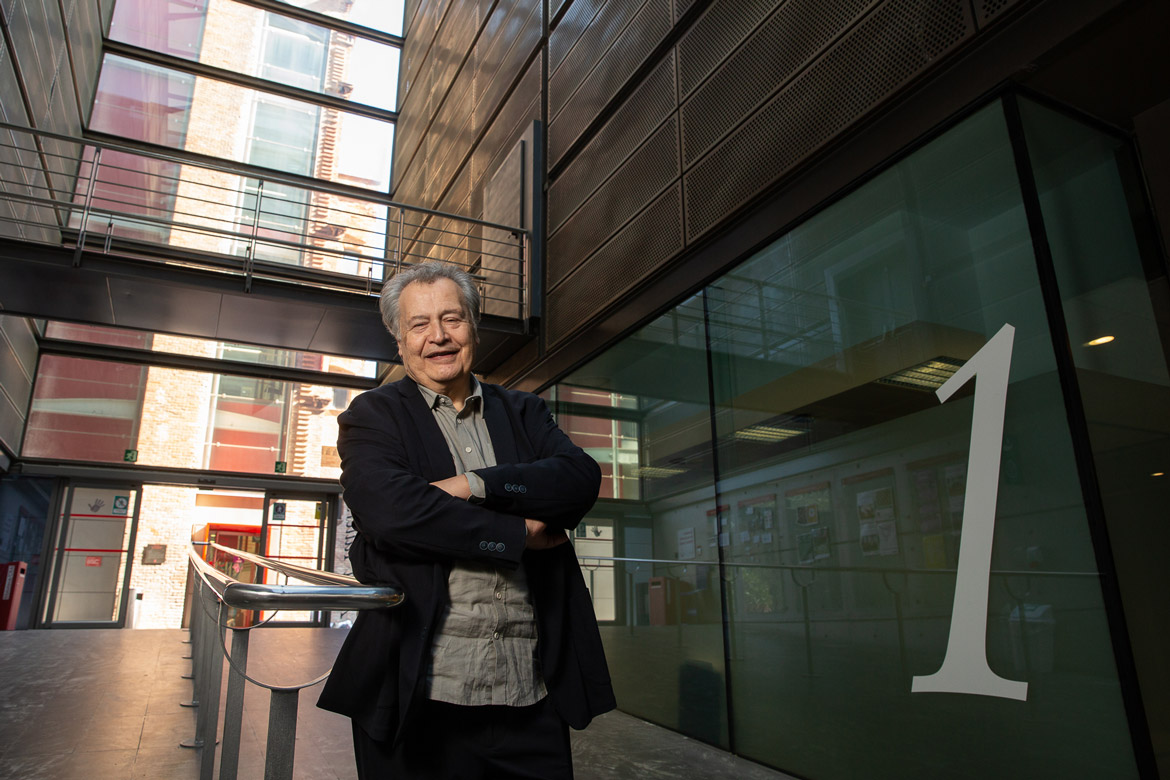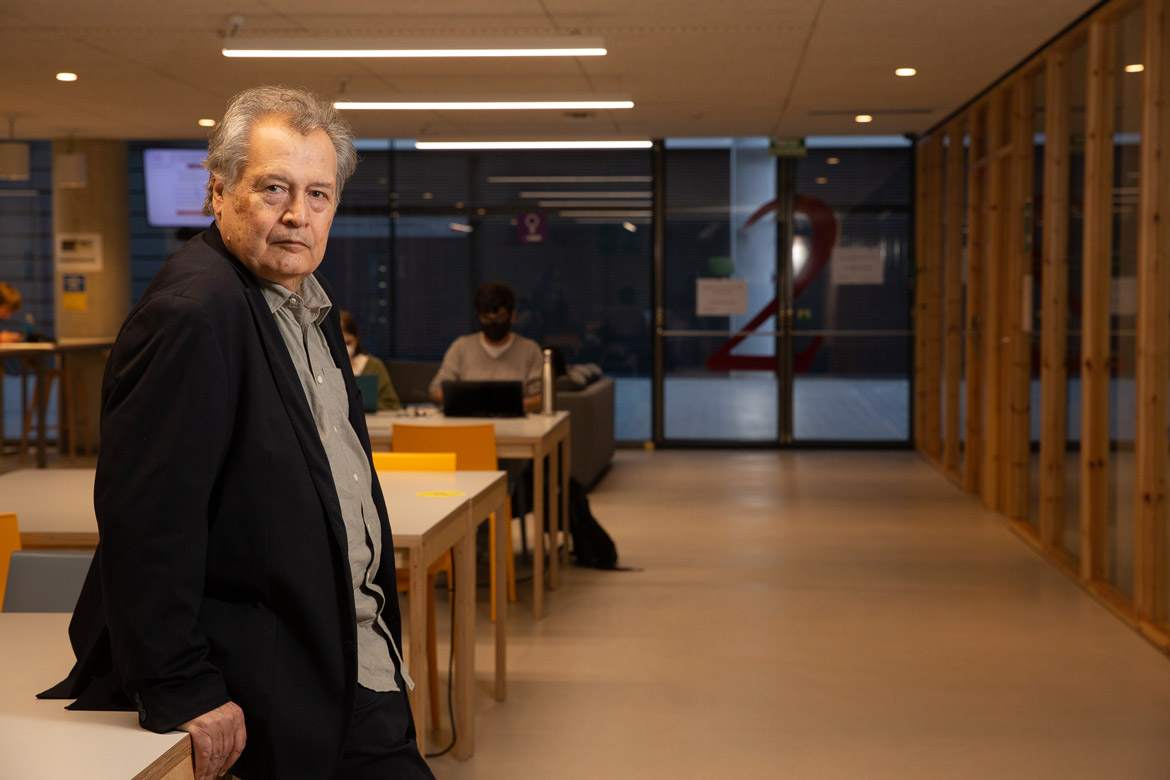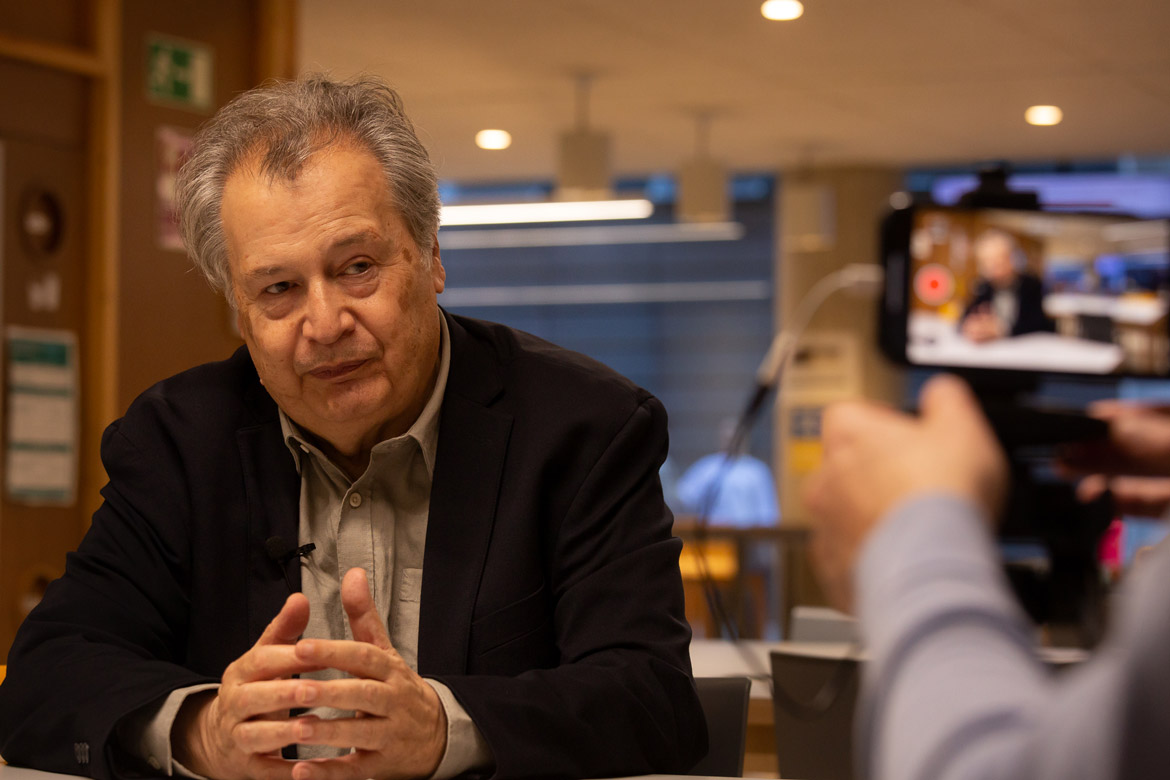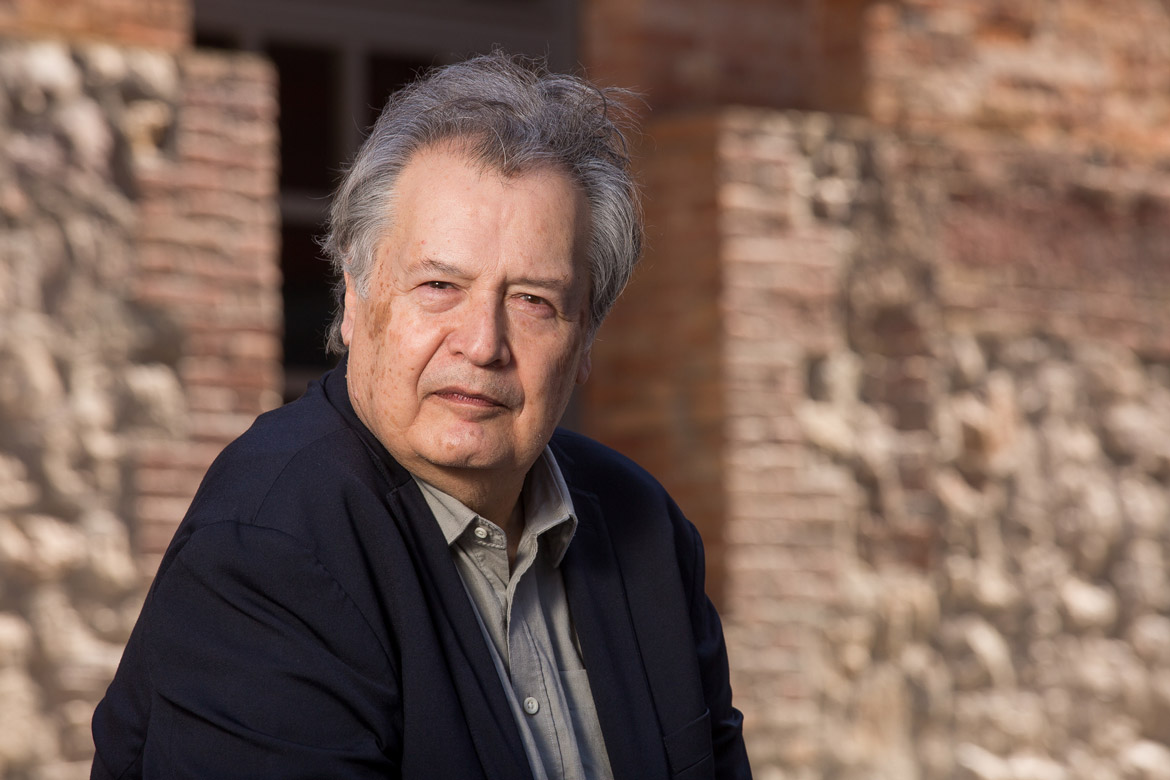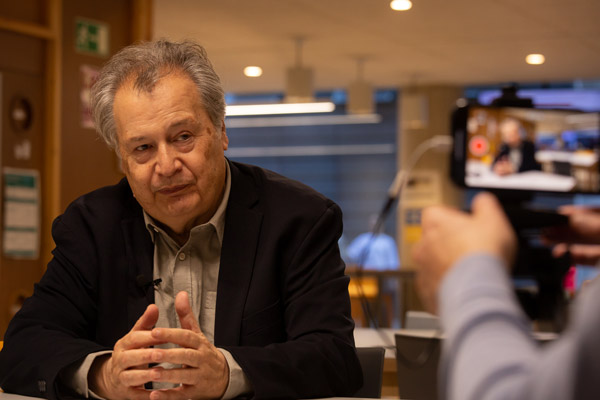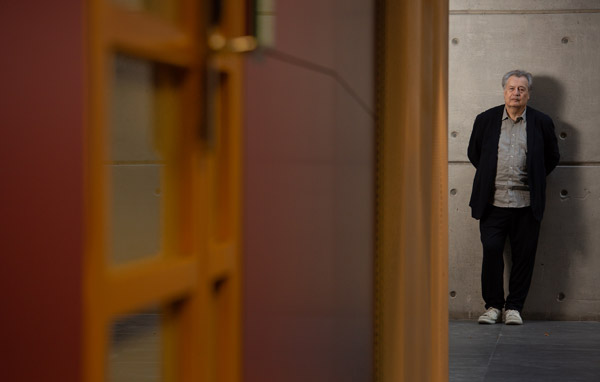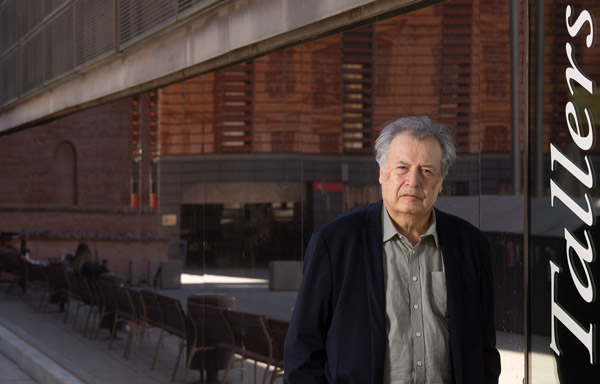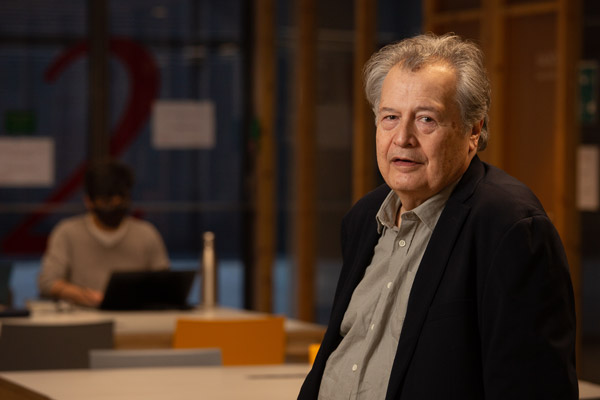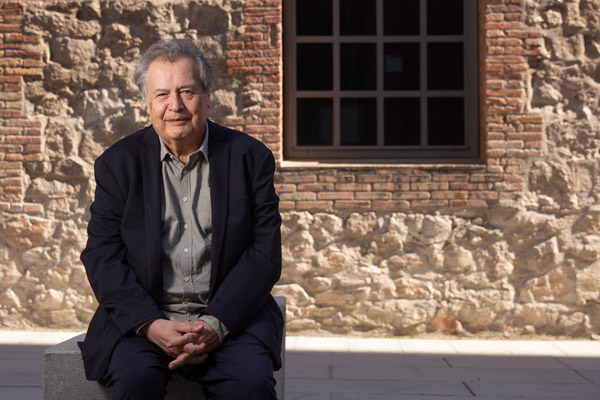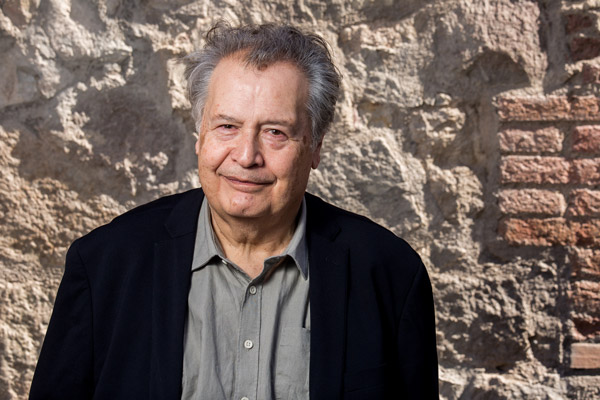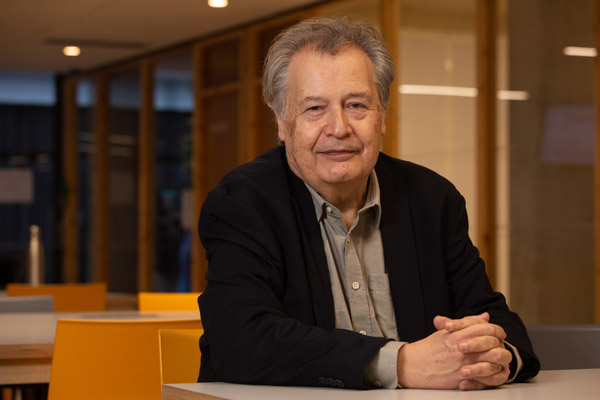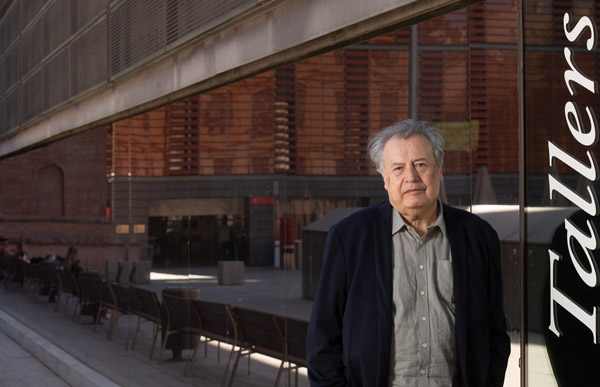Protagonista
6. Protagonista
“Des de la UPF, podem incidir radicalment en la transformació del nostre entorn”
Jordi Balló, director del Departament de Comunicació de la UPF i del màster en Documental de Creació de la UPF-BSM.
Name and surnames: Jordi Balló Fantova
Place and date of birth: Figueres, 1954
Positions: Head of the Department of Communication at UPF (since 2021); director of the UPF-BSM master’s degree programme in Creative Documentary (since 1998); dean of the Faculty of Communication at UPF (2018-2021); director of exhibitions at the CCCB (1998-2011); artistic director of the Festival de Cinema de Barcelona. Films i Directors [Barcelona Film Festival: Films and Directors] (1987-1990); and head of the Catalan Education Ministry’s Audiovisual Media Programme (1983-1987).
Education: PhD in Audiovisual Communication from UPF (1999); undergraduate degree in Art History from the University of Barcelona (1977), specializing in Cinematography.
Jordi Balló has been a lecturer in audiovisual communication at UPF since 1994 and is a prominent figure in the international contemporary documentary film scene. He is currently director of the Communication Academic Coordination Unit (ACU) at UPF and head of the Department of Communication, where he is also a senior lecturer.
Most recently he has been working, amongst other things, on the creation of new spaces and projects in the Tallers area of the Poblenou campus, within the new UPF EDvolution educational framework, to enhance and facilitate teaching, research and the necessary innovation transfer between academia, industry and public institutions.
A member of the Aesthetic Research in Audiovisual Media Collective (CINEMA, from the Catalan) in the Department of Communication, his research interests include audiovisual narrative, film iconography, film exhibitions, new television formats and creative documentary filmmaking.
He has been the director of the UPF-BSM (formerly, IDEC-UPF) master’s degree programme in Creative Documentary since it was launched in 1998. He has used this platform to promote films such as Mones com la Becky, De nens and Veinte años no es nada, all three directed by Joaquim Jordà; En construcció, by José Luis Guerín; Cravan vs Cravan, by Isaki Lacuesta; El cielo gira, by Mercedes Álvarez; and La plaga and Sis dies corrents, by Neus Ballús, amongst many others.
In his artistic and cultural management facet, he has been director of exhibitions at the CCCB (1999-2011), where he has curated several shows on film, including ‘The Century of Cinema’, ‘TV World’, ‘Erice-Kiarostami: Correspondences’, ‘Hammershøi and Dreyer’, ‘The Complete Letters: Filmed Correspondences’ and ‘Pasolini Roma’.
He is co-author, with Xavier Pérez, of the books La llavor immortal, Jo ja he estat aquí (winner of the 2006 Serra d’Or Critics Prize), Els riscos del saber, and El món un escenari: Shakespeare el guionista invisible, and the author of Imatges del silenci. He was the conceptual author of the Cultura/s supplement of the La Vanguardia newspaper and chaired its advisory board from 2002 to 2014.
In 2005, he won the National Prize for Culture, in the film category, awarded by the Catalan government, and, in 2011, the City of Barcelona Prize for his work as curator of the exhibition ‘The Complete Letters: Filmed Correspondence’.
What prompted the Communication ACU to undertake a process of reflection on the meaning of knowledge transfer? Does this transfer extend beyond the traditional production systems in the field of communication?
For us, transfer is an essential part of our research and teaching activity. It is so deeply integrated that many times the flow goes unnoticed, and we fail to produce the indicators that support this reality. We have shown that a film, a cinematographic trend, an exhibition, a video game production, the creation of advertising campaigns for third-sector organizations or a critical presence in the media are all pure and impactful transfer activities that achieve the main goal we are pursuing with this reflection initiative, that, from UPF, we can dramatically influence the transformation of our environment. Whilst this fact is widely recognized, it is not reflected in the limited and already outdated transfer indicators, which did not previously include this cultural and social dimension. I am convinced that, as a result of this initiative we have undertaken, in alignment with UPF’s new vice-rector’s office, regarding the meaning of transfer from a communication perspective, this area will take an irreversible step forward that will be beneficial for everyone.
